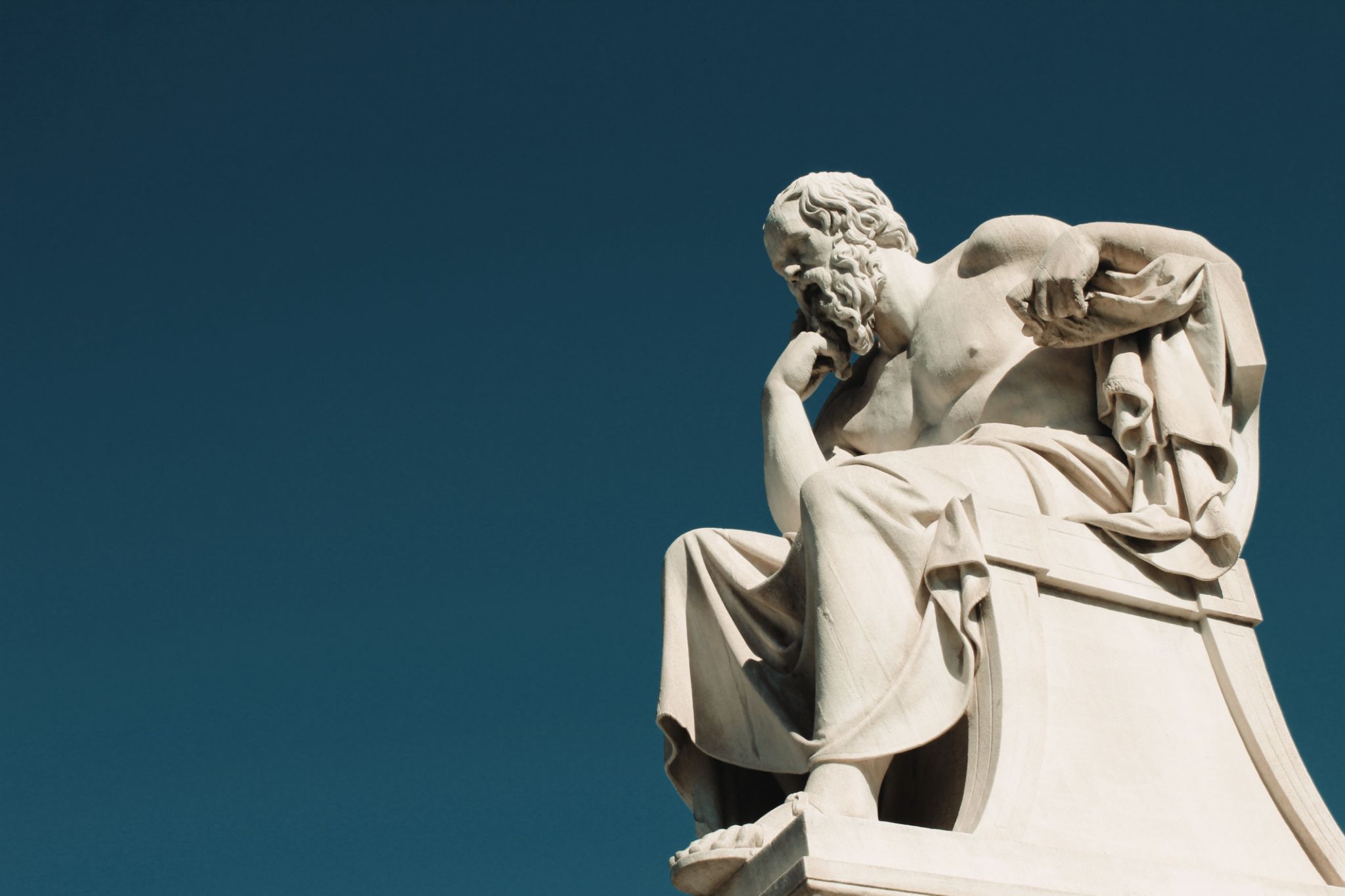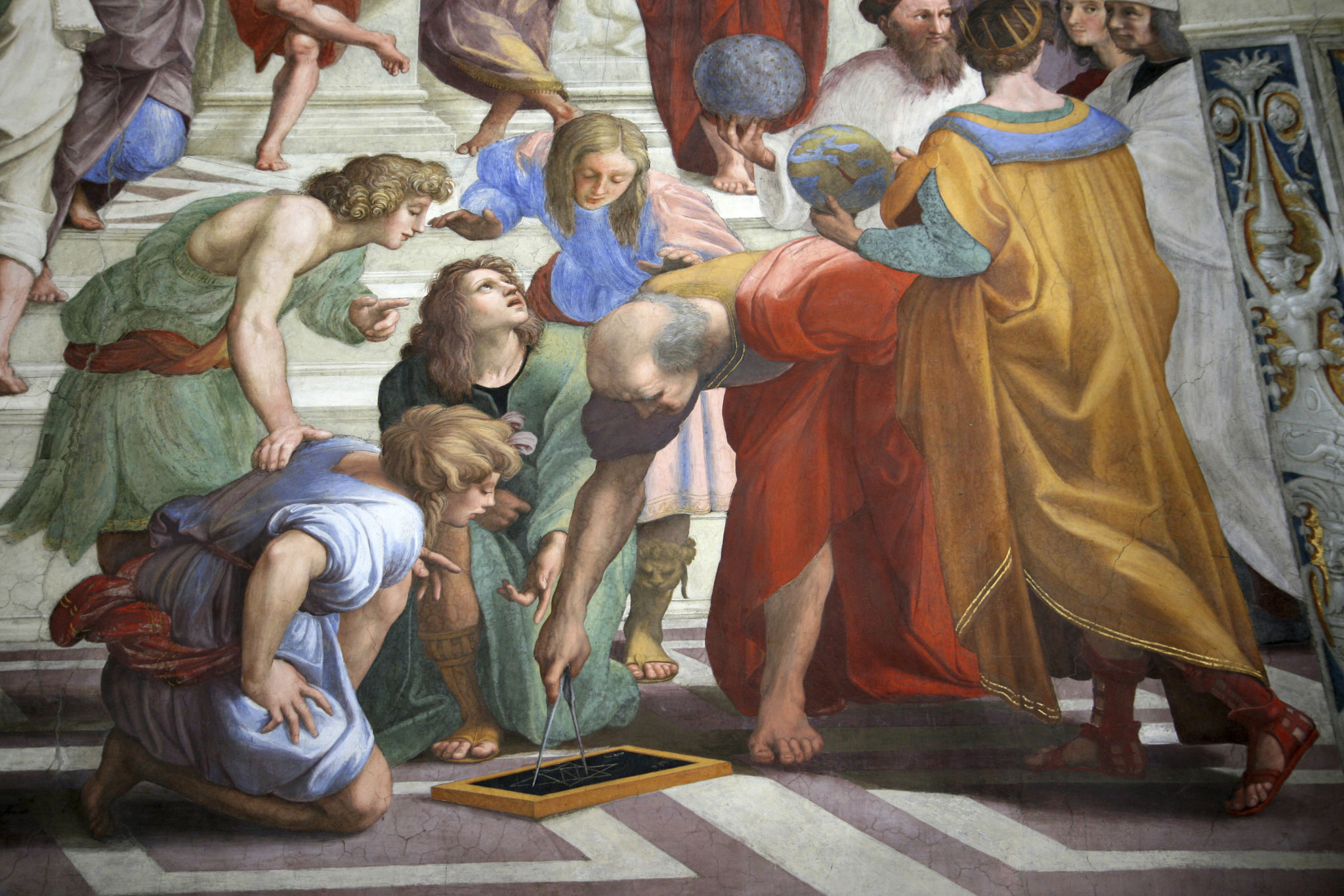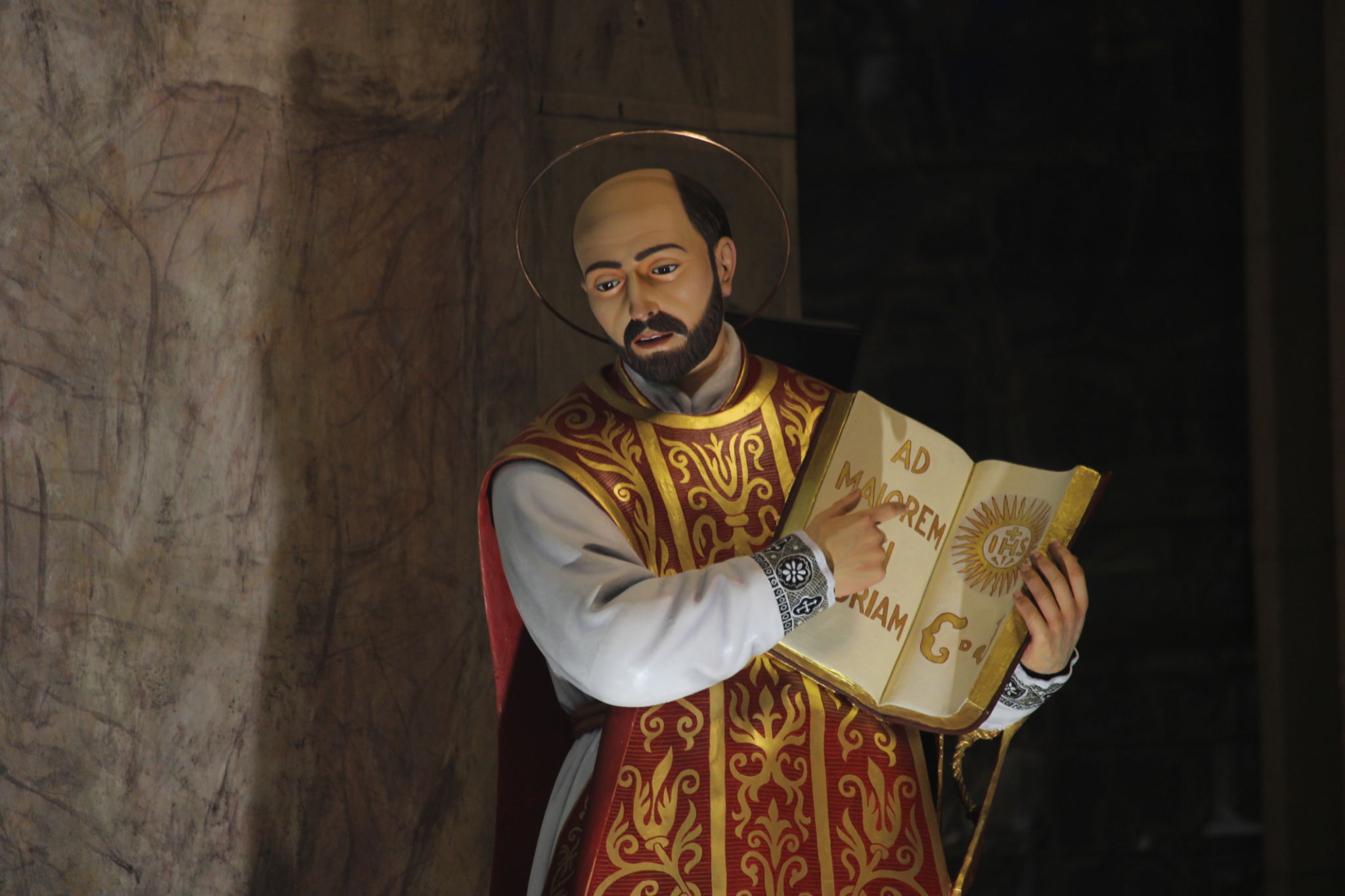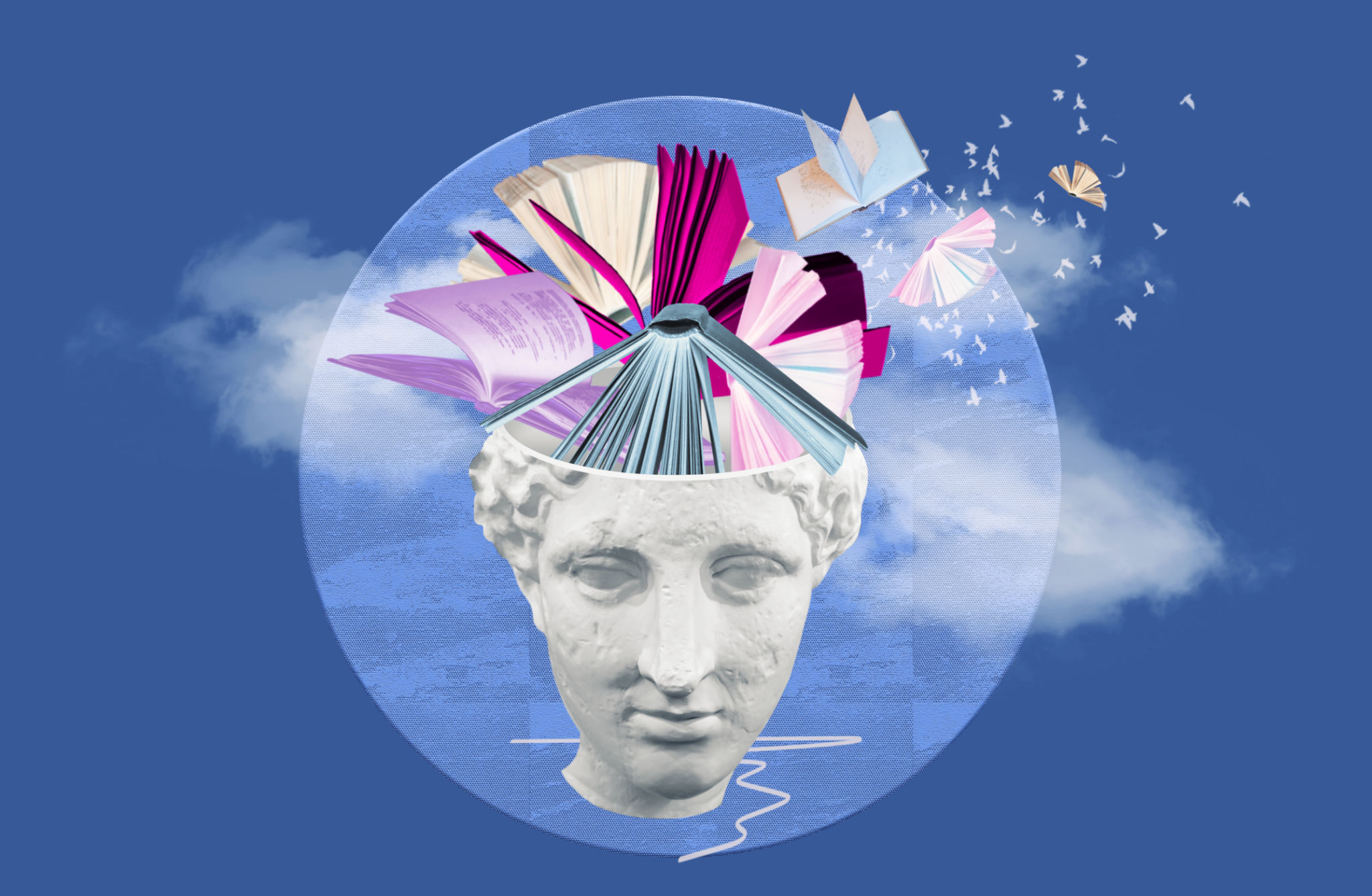From Plato to Modern Day: A Brief History of Philosophy for Students
The Foundations of Western Philosophy
Philosophy, often described as the love of wisdom, has shaped human thought for centuries. It all began with the ancient Greeks, who laid the groundwork for Western philosophy. Among them, Plato stands out as a towering figure, whose teachings and writings have been studied and debated over the millennia.
Plato, a student of Socrates and the teacher of Aristotle, founded the Academy in Athens, one of the earliest institutions of higher learning in the Western world. His works, primarily written in the form of dialogues, explore various subjects such as ethics, politics, metaphysics, and epistemology. Central to his philosophy is the Theory of Forms, which posits a realm of perfect, immutable ideas that transcend our physical world.

Aristotle and the Birth of Logic
Aristotle, Plato's most famous student, took a different approach. While he was heavily influenced by his teacher, Aristotle was more concerned with the empirical study of nature and laid the groundwork for many fields of science. His work on logic, epitomized in the "Organon," became foundational for subsequent philosophical inquiry.
Beyond logic, Aristotle's contributions to ethics, politics, metaphysics, and natural sciences were profound. His concept of the "Golden Mean," which suggests that virtue lies in finding a balance between extremes, remains influential in ethical discussions today.

The Middle Ages: An Interplay of Faith and Reason
During the Middle Ages, philosophy became intertwined with theology. Thinkers like St. Augustine and St. Thomas Aquinas sought to reconcile Christian doctrine with ancient philosophy. Augustine drew heavily on Platonism, while Aquinas integrated Aristotelian principles into Christian theology.
This period saw the rise of Scholasticism, a method of critical thought that dominated medieval universities. Scholastics aimed to harmonize faith with reason, laying the groundwork for modern philosophical discourse.

The Renaissance and the Enlightenment
The Renaissance marked a revival of interest in classical philosophy and a shift towards humanism. Philosophers like Erasmus and Pico della Mirandola emphasized the potential for human achievement and the importance of individual dignity.
The Enlightenment further propelled philosophical thought into new realms. Thinkers such as John Locke, Voltaire, and Immanuel Kant championed reason, science, and individual rights. Their ideas influenced political revolutions and laid the foundation for modern democracies.

19th Century to the Present: New Directions
The 19th century introduced new philosophical movements such as existentialism, Marxism, and utilitarianism. Philosophers like Karl Marx, Friedrich Nietzsche, and John Stuart Mill challenged established norms and explored issues of class struggle, morality, and human freedom.
In the 20th century, analytic philosophy and continental philosophy emerged as dominant schools. Analytic philosophy focused on language and logic, while continental philosophy delved into existentialism, phenomenology, and post-structuralism.

Philosophy Today
Today, philosophy continues to evolve, addressing contemporary issues such as technology's impact on society, environmental ethics, and global justice. Philosophers are increasingly interdisciplinary, collaborating with scientists, policymakers, and activists to tackle complex global challenges.
The rich tapestry of philosophical thought from Plato to modern-day thinkers highlights its enduring importance in understanding our world and our place within it. For students embarking on this intellectual journey, philosophy offers a lens through which to view life's profound questions.